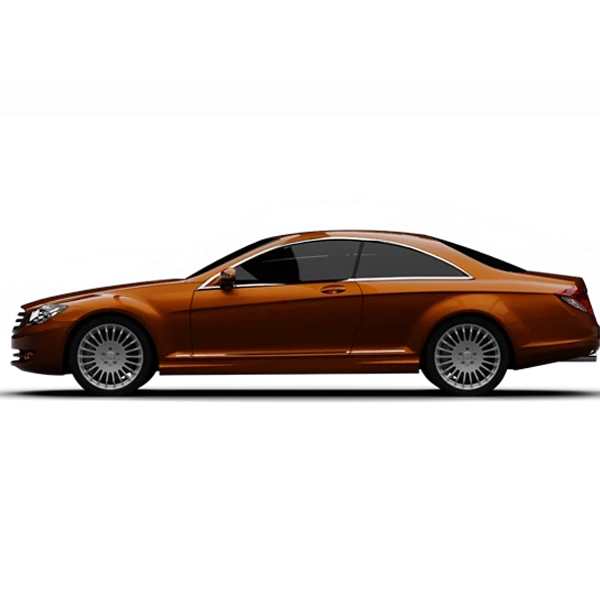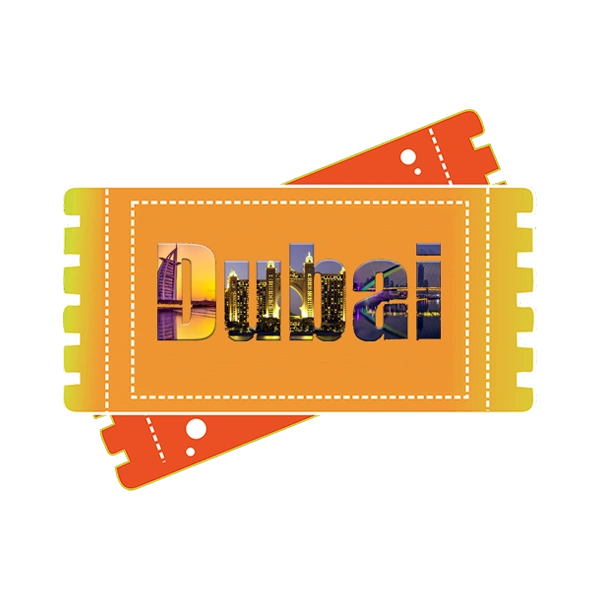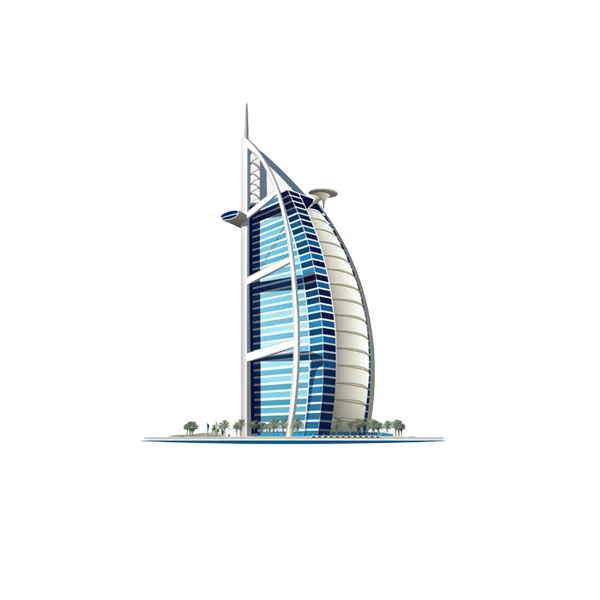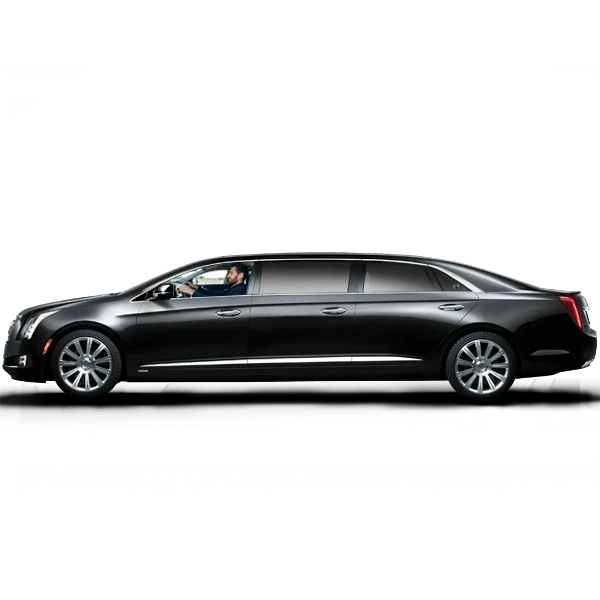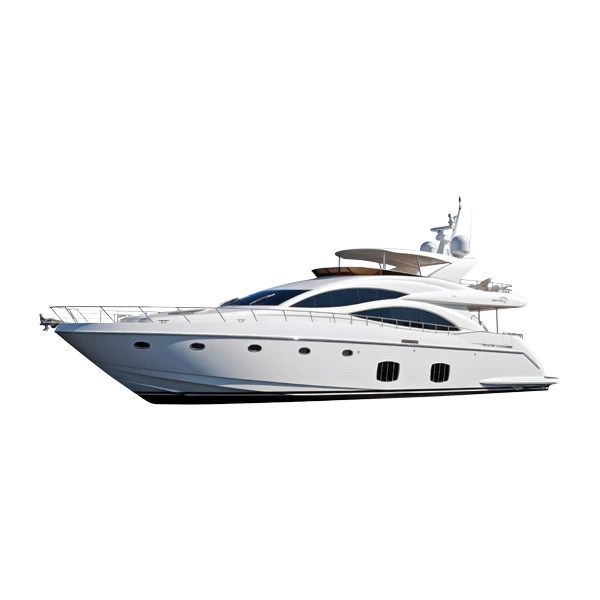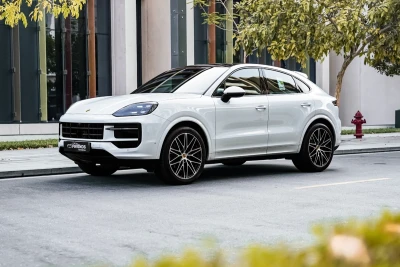Difference Between Living in Dubai vs Abu Dhabi
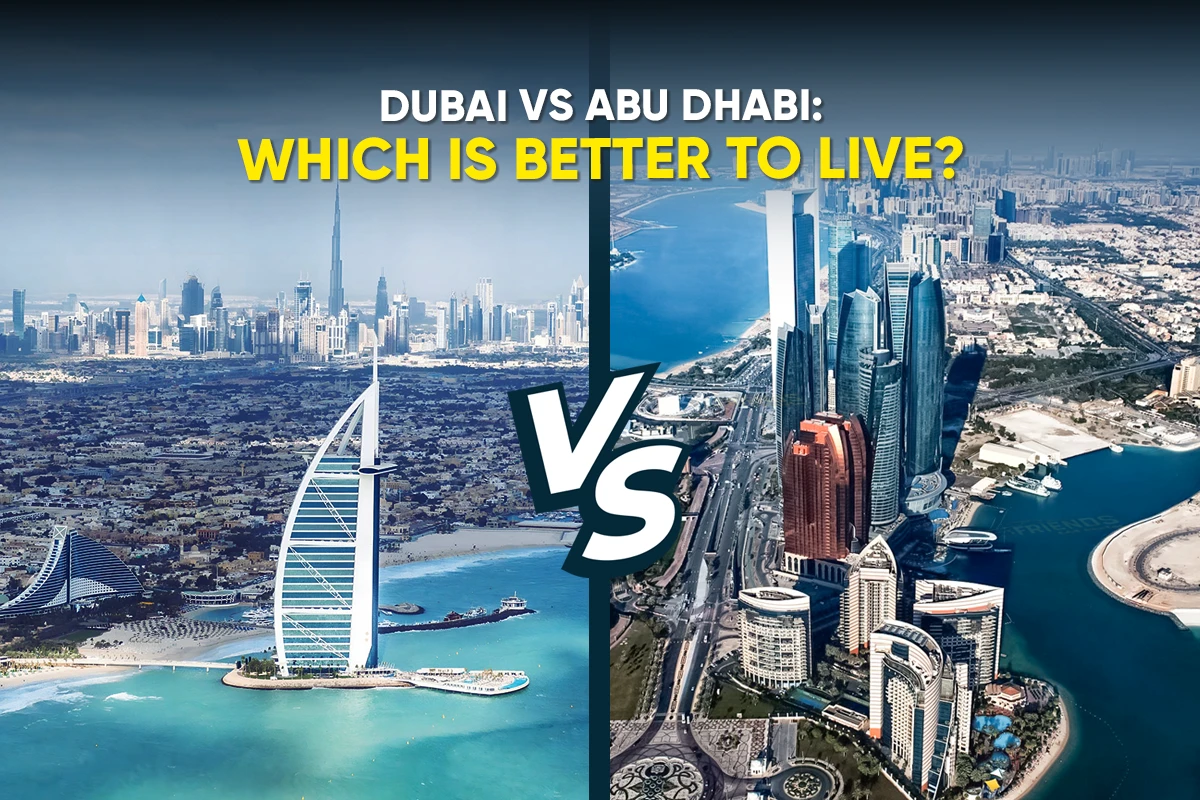
Thinking of moving to the UAE or relocating within? The first big decision is often a choice between two of its most famous cities: Dubai vs. Abu Dhabi. While both are modern marvels that offer an incredible quality of life, they each have distinct identities and personalities. So, which is the better place to live? This guide delves into key aspects of daily life —from the cost of living and job markets to lifestyle and culture — to help you determine which emirate is the right fit for your personal and professional ambitions.
Dubai vs. Abu Dhabi: At a Glance
Dubai
It’s a global metropolis known for its sky-piercing skyscrapers, luxury lifestyle, and a relentless focus on innovation and commerce. Dubai is the country's top business and tourism hub, a city that never sleeps, and a melting pot of cultures from around the world.
Abu Dhabi
It is the dignified capital of the UAE, offering a more tranquil and family-oriented environment. Abu Dhabi is the political, industrial, and cultural heart of the country. This emirate focuses on a strong emphasis on preserving Emirati heritage and fostering a high quality of life through world-class cultural attractions and a stable, government-backed economy.
So, what does this mean for your daily life? While both cities offer an exceptional quality of life, the true distinction lies in the details. Let's break down the key differences that will shape your experience, starting with what's likely on everyone's mind: the cost of living.
1. Cost of Living
One of the most significant factors in deciding where to live is the cost of living, and here the two cities present a clear contrast. While both Dubai and Abu Dhabi offer a tax-free income environment, the cost of day-to-day life can vary substantially, with housing being the most significant factor.
Housing: The Single Biggest Factor
Dubai
Dubai is more expensive, with a significant divide between prime and more affordable areas. A one-bedroom apartment in a central hub like Downtown Dubai can cost AED 120,000-160,000 per year, while the same unit in a more suburban community like JVC might be around AED 60,000-90,000. Recent data shows that Dubai's rental market is driven by high demand in established residential and business hubs, leading to a premium on prime locations.
Abu Dhabi
Abu Dhabi is noticeably more affordable. A one-bedroom apartment in a popular central area like Al Reem Island is priced between AED 60,000-90,000, which is comparable to Dubai's more budget-friendly neighbourhoods. Family-sized villas also offer better value for money here. This affordability is a direct result of the government's focus on sustainable community development and a more balanced housing supply.
Utilities & Daily Expenses
While the cost of basic groceries is fairly similar across both emirates, the real difference in daily expenses becomes apparent with utilities and dining out.
Dubai
Utility bills from DEWA (Dubai Electricity and Water Authority) are typically higher in Dubai. For a standard apartment, the average monthly bill for electricity, water, and cooling can range from AED 500 to AED 1,200, with costs peaking during the hot summer months due to heavy air conditioning usage.
The city's vibrant, cosmopolitan lifestyle means dining and entertainment costs tend to be higher. Dubai boasts a vast selection of high-end restaurants, celebrity chef establishments, and luxury nightlife venues. While affordable options exist, the average cost of a meal at a mid-range restaurant is generally higher than in Abu Dhabi.
Abu Dhabi
Utility bills from ADDC (Abu Dhabi Distribution Company) are generally more economical. The average monthly utility bill for a comparable apartment is notably lower than in Dubai. This is supported by government subsidies and by a focus on energy-efficiency projects as part of the emirate's long-term sustainability goals.
For dining out, Abu Dhabi offers a more budget-friendly scene. While the city has its share of premium restaurants, the overall cost of dining is, on average, more subdued. This means that even though grocery prices are similar, those who frequently eat out will find their wallet stretches further in the capital.
2. Job Market and Economy
The employment landscape in Dubai and Abu Dhabi reflects their distinct economic strategies, offering different opportunities and career paths for professionals. The choice between the two often comes down to your industry and preferred work environment.
Dubai
Dubai is a dynamic and fast-paced economic hub, largely driven by the private sector. Its economy is highly diversified and has long been a magnet for foreign investment and talent. The primary sectors are finance, tourism, logistics, real estate, and technology.
The city is home to several free zones, such as the Dubai International Financial Centre (DIFC) and Jebel Ali Free Zone (JAFZA), which foster a strong culture of entrepreneurship and attract multinational corporations. The Dubai Economic Agenda 'D33' aims to double the city's economy by 2033, with a particular focus on new industries such as AI, robotics, and advanced manufacturing.
If you are a professional seeking a vibrant, competitive market with a high volume of job openings and start-up opportunities, Dubai is likely the better fit.
Abu Dhabi
In contrast, Abu Dhabi's economy has been historically tied to the vast oil and gas industry. However, the emirate has been actively pursuing aggressive diversification efforts under its Economic Vision 2030.
While oil and gas remain a significant contributor, there has been substantial growth in the public sector and non-oil industries. Key growth sectors include government, healthcare, education, and renewable energy, and financial services, with a strong emphasis on sectors that build a knowledge-based economy. The Abu Dhabi Global Market (ADGM) is a key financial free zone that attracts investment in fintech and asset management.
The job market here is often perceived as more stable and structured, with a focus on long-term government projects and state-owned entities. If you are looking for a career with stability and a strong public sector, or in a growing knowledge-based industry, Abu Dhabi may be the ideal choice.
3. Lifestyle and Social Scene
The lifestyle in Dubai and Abu Dhabi presents the most distinct contrast between the two cities. Your preference for a fast-paced, high-energy environment versus a more relaxed, tranquil setting will largely determine which emirate is the right fit for you.
Dubai
Dubai is a city that never stops. Its lifestyle is vibrant, dynamic, and unapologetically cosmopolitan. This city attracts young professionals and singles from around the globe who thrive on constant action and networking.
The social scene is heavily focused on nightlife, entertainment, and luxury shopping. Dubai offers an endless array of upscale restaurants, beach clubs, rooftop bars, and international concerts.
The city is home to some of the world's largest malls, like The Dubai Mall, and an abundance of leisure attractions, from indoor ski slopes to theme parks like IMG Worlds of Adventure. Dubai’s relentless pursuit of becoming a global entertainment hub means there is always a new restaurant, club, or event, making it a place of continuous discovery.
Abu Dhabi
In stark contrast, Abu Dhabi offers a more relaxed, family-oriented atmosphere. It is often perceived as a calmer and quieter city, making it a popular choice for families and individuals seeking a better work-life balance and a more settled community feel.
The focus here is on cultural attractions and outdoor activities. Abu Dhabi is the cultural heart of the UAE, home to world-renowned landmarks like the magnificent Sheikh Zayed Grand Mosque, the Louvre Abu Dhabi, and the Presidential Palace, Qasr Al Watan.
Residents enjoy a quieter social scene centred around community events, parks, and outdoor leisure activities. The city's urban planning prioritizes green spaces and communal areas, fostering a strong sense of community that is often more apparent than in Dubai's fast-paced environment.
4. Culture and Vibe
The cultural identities of Dubai and Abu Dhabi are arguably the most fundamental difference between the two cities and heavily influence residents' daily lives.
Dubai
Dubai is a true melting pot of cultures, with over 85% of its population being expatriates. This demographic has cultivated a very international and modern feel. The city's rapid development and focus on global commerce have created a more liberal, relaxed atmosphere than in other cities in the region.
Social norms are generally more relaxed, and expats can often find a similar rhythm of life to what they are used to in their home countries. This modern vibe, combined with its diverse population, means Dubai feels less connected to traditional Emirati heritage and more like a global city.
Abu Dhabi
In contrast, Abu Dhabi, as the nation's capital, maintains a stronger connection to Emirati heritage and traditions. While it is also home to a large expat community, the city's identity is more deeply rooted in local culture. Abu Dhabi is perceived as slightly more conservative, reflected in a more subtle social scene and a greater emphasis on traditional values.
For residents, this offers a deeper sense of cultural immersion and a more authentic feel of living in the UAE. The city's many cultural institutions, from the Sheikh Zayed Grand Mosque to heritage villages, serve as a constant reminder of its history and traditions. The Abu Dhabi government places a high priority on cultural preservation and education, making the city a guardian of the nation's history and values.
5. Transportation and Connectivity
The transportation systems in Dubai and Abu Dhabi represent one of their most significant practical differences. Your choice of city will heavily influence your daily commute and overall ease of getting around.
Dubai
Dubai is renowned for its extensive and well-developed public transport network. The backbone of this system is the driverless Dubai Metro, which connects key residential and commercial areas across the city. The network also includes the Dubai Tram, a comprehensive public bus system, and marine transport like ferries and abras.
In 2024, public transport and shared mobility services in Dubai served over 747 million riders, with the Metro accounting for the largest share. This robust network means many residents can live comfortably without a private car.
However, this urban density comes with a trade-off: significant traffic congestion. According to a 2024 survey, Dubai drivers lost an average of 35 hours to congestion that year, with peak traffic periods causing notable delays, particularly on major highways.
While the government consistently invests in infrastructure to ease these issues, reliance on private vehicles for many commutes remains a major challenge.
Abu Dhabi
In contrast, Abu Dhabi's public transport system is less extensive. While it has a modern, highly rated bus network that covers most urban areas and offers on-demand services, it lacks a metro or tram system. This makes residents far more reliant on private cars or taxis to navigate the city efficiently.
The benefit, however, is reduced traffic congestion. A 2024 report showed that Abu Dhabi drivers lost only 19 hours to traffic delays—almost half the time lost by drivers in Dubai. The city's well-planned, wide road network and lower population density, coupled with the absence of a metro system that concentrates traffic along a few main corridors, result in a calmer, more predictable driving experience.
6. Education and Healthcare
For families and individuals prioritizing their well-being, the quality and cost of education and healthcare are critical factors. Both Dubai and Abu Dhabi offer world-class standards in both sectors, but there are notable differences in cost and scope.
Dubai
Dubai boasts a vast and diverse range of private schools, offering nearly every international curriculum imaginable, from British and American to IB and Indian. This wide variety ensures parents can find an institution that fits their child's educational needs, but it comes at a premium.
Tuition fees are generally among the highest in the UAE, with annual costs for a high-quality international school often ranging from AED 50,000 to AED 120,000 or more. The sheer number of options is a key selling point for Dubai, catering to a highly mobile, global workforce.
Similarly, Dubai's private healthcare system is expansive, with an abundance of state-of-the-art hospitals, clinics, and specialist centers. While the quality is top-tier, the costs are also among the highest in the region.
Mandatory health insurance is a requirement for all residents, and premiums for a family can be significantly higher than in Abu Dhabi.
Abu Dhabi
Abu Dhabi also has numerous international schools and high-quality private healthcare facilities, often at a slightly lower cost than in Dubai. The emirate is committed to building a world-class education and healthcare system, and while the sheer number of options might not match Dubai's, the quality is equally high.
Tuition fees for international schools in Abu Dhabi are typically more affordable, with annual costs for a comparable curriculum often being 10-20% less than in Dubai. This saving can be a major factor for families.
The same trend applies to healthcare. While health insurance is mandatory for all residents and the quality of care is excellent, the premiums and overall costs of private healthcare services are generally lower in the capital. The government's focus on long-term social welfare and public services contributes to a more accessible and cost-effective system for residents.
Conclusion: Which City is Better to Live in?
The choice between Dubai and Abu Dhabi is not a matter of which city is objectively better but rather which city is the better fit for your personal and professional priorities. Both offer an incredible quality of life, but they cater to different ambitions and lifestyles.
To help you make your final decision, here is a summary of the key differences:
Choose Dubai if...
You seek a fast-paced, ambitious career in the private sector. You thrive on a vibrant social life, world-class entertainment, and luxury shopping. You value a global, multicultural environment and don't mind a higher cost of living in exchange for constant excitement and opportunity.
Choose Abu Dhabi if...
You prefer a stable, structured career, particularly in the public sector or government-related fields. You are looking for a calmer, more family-friendly atmosphere with a strong community feel. You appreciate a deeper connection to local culture and value a slightly lower cost of living and better work-life balance.
Ultimately, both cities are global leaders offering an exceptional experience. Your ideal home in the UAE depends on whether you're drawn to the constant pulse of Dubai or the tranquil elegance of Abu Dhabi.
Written by: FriendsCarRental
Published at: Tue, Oct 28, 2025 1:31 PM
Leave a Reply
Your email address will not be published. Required fields are marked *
Car Rental in Dubai
AED 2500
DAY
AED 0
MONTH
-
 SUV
SUV -
 4 Doors
4 Doors -
 5 Seats
5 Seats
- 1 Day Rental Available
- Deposit: Not Required
- Insurance Included
AED 5500
DAY
AED 0
MONTH
-
 Sports
Sports -
 2 Doors
2 Doors -
 2 Seats
2 Seats
- 1 Day Rental Available
- Deposit: Not Required
- Insurance Included
AED 1200
DAY
AED 0
MONTH
-
 SUV
SUV -
 4 Doors
4 Doors -
 5 Seats
5 Seats
- 1 Day Rental Available
- Deposit: Not Required
- Insurance Included
AED 1600
DAY
AED 0
MONTH
-
 SUV
SUV -
 4 Doors
4 Doors -
 5 Seats
5 Seats
- 1 Day Rental Available
- Deposit: Not Required
- Insurance Included
AED 1500
DAY
AED 28500
MONTH
-
 SUV
SUV -
 4 Doors
4 Doors -
 5 Seats
5 Seats
- 1 Day Rental Available
- Deposit: Not Required
- Insurance Included

 عربي
عربي
 English
English
 Français
Français
 Русский
Русский
 中国人
中国人
 Nederlands
Nederlands
 Española
Española
 Türkçe
Türkçe
 Italiana
Italiana




